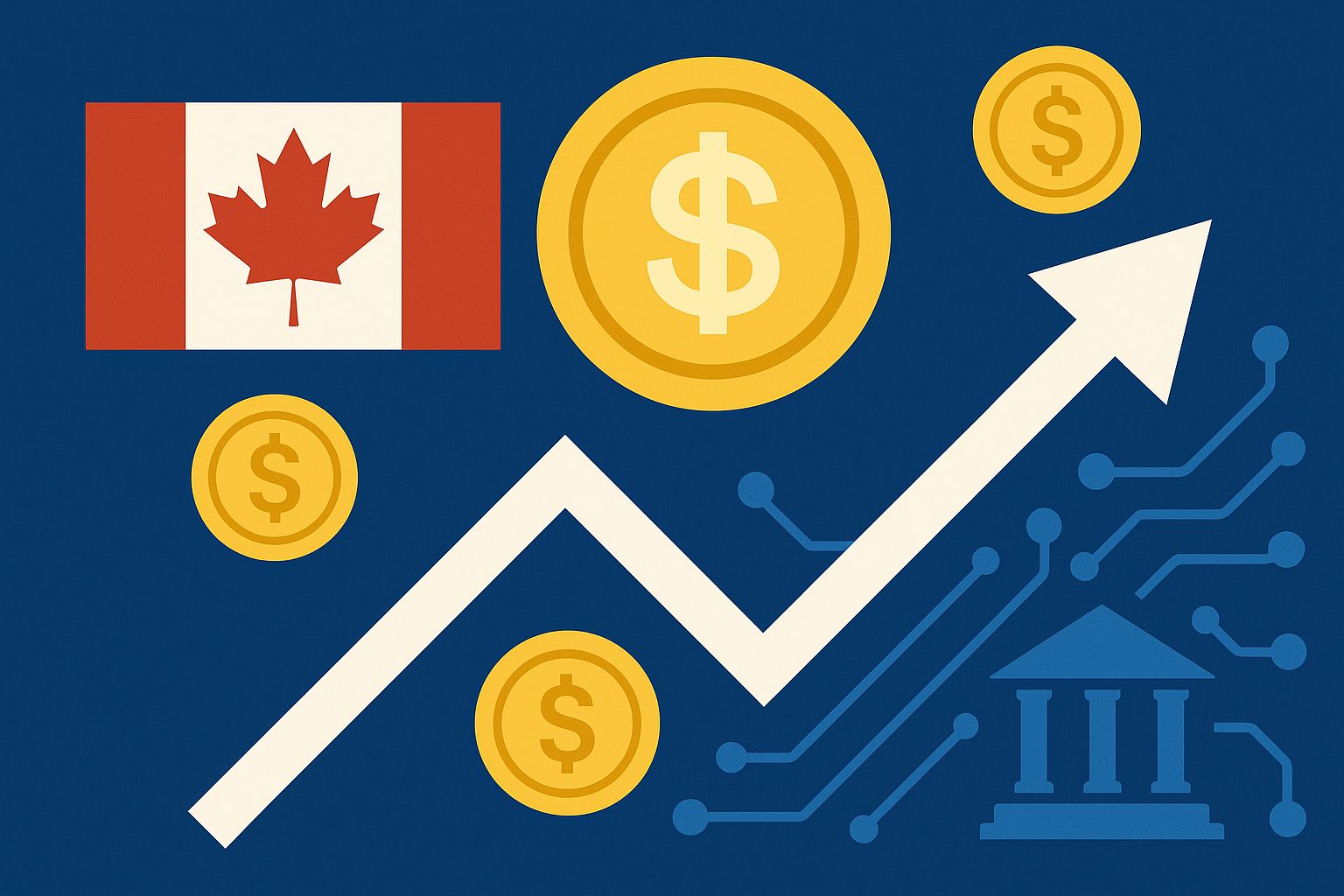Bitcoin Updates Today: Conventional Finance Faces Off with Tokenization—Who Will Evolve First to Prevent Worldwide Turmoil
- BlackRock's Larry Fink warns global institutions are unprepared for tokenization's disruptive potential, surpassing even AI's impact. - He highlights rising demand for "fear assets" like Bitcoin and gold amid U.S. debt concerns, with Treasury reserves facing foreign demand risks. - Tokenized real-world assets (RWAs) grow rapidly, with platforms like Ondo Finance managing $1.83B in tokenized U.S. Treasuries. - Central banks reassess strategies as gold reserves hit 24% in Q2 2025, while Fink urges policyma
BlackRock Inc. CEO Larry Fink has cautioned that global financial systems are not ready for the swift advancement of tokenization, a technological evolution he believes could surpass artificial intelligence in its impact. During his address at the Future Investment Initiative in Riyadh, Fink pointed out that the worldwide movement toward tokenizing financial assets is picking up speed and may upend established frameworks more rapidly than most governments or central banks expect, as highlighted in a
Fink's comments reflect a larger pattern of investors turning to alternatives to traditional currencies, driven by worries over inflation and mounting public debt. He described gold and cryptocurrencies as "assets of fear," chosen by those "concerned about their assets losing value" and uneasy about both financial and physical safety, according to a

Concerns have grown as U.S. debt is forecasted to hit 143.4% of GDP by 2030. According to IMF figures, the U.S. will continue to run a budget deficit above 7% of GDP each year through 2030, the highest among developed nations, as detailed in a
At the same time, the tokenization of real-world assets (RWAs) is gathering steam. Ondo Finance, which connects traditional finance with decentralized platforms, has recently broadened its tokenized U.S. equities services to the
Central banks are also reassessing their approaches. Fink noted that many are struggling to understand the consequences of tokenization and digitalization, especially as they weigh the introduction of central bank digital currencies (CBDCs) and their potential to update payment infrastructures. Data from Deutsche Bank shows that gold now accounts for 24% of central bank reserves as of Q2 2025, signaling a move toward traditional safe assets amid global tensions, as CoinMarketCap reported.
Bitcoin's recent price swings—surging to $126,000 before dropping below $110,000 after tariff threats from Trump—have intensified discussions about the role of crypto as a protective asset. Despite its volatility, BlackRock's iShares Bitcoin Trust, holding $93.9 billion in assets, demonstrates institutional faith in cryptocurrencies. Fink's changing view—from calling Bitcoin a "money laundering tool" in 2017 to becoming a "major believer" by 2025—illustrates the sector's evolution, as noted in industry reports.
With tokenization advancing rapidly, Fink called on regulators and policymakers to get ready for a world where digital assets reshape global finance. "We're not dedicating enough attention to how fast every financial asset will be tokenized," he warned, predicting significant consequences if countries fail to keep pace.
Disclaimer: The content of this article solely reflects the author's opinion and does not represent the platform in any capacity. This article is not intended to serve as a reference for making investment decisions.
You may also like
MOVA's Debut Confirms the Existence of a Regulatory-Compliant and Scalable DeFi Framework
- MovaChain (MOVA) token surged 370% on November 5, 2025, reflecting strong market confidence in its DeFi infrastructure. - The platform's modular blockchain achieves 110,547 TPS and sub-1.5-second finality, supporting institutional-grade financial applications. - A $100M funding round led by Aqua1 and GeoNova Capital fuels global node deployment and cross-border settlement development. - MOVA plans to integrate regional settlement networks and expand USD1-based trading, emphasizing compliant, sustainable

BCH Value Drops by 0.13% as Broader Downward Trend Persists Over the Past Week and Month
- Bitcoin Cash (BCH) fell 0.13% in 24 hours, with 10.39% drops over 7 days and 30 days, contrasting a 10.36% annual gain. - Analysts warn of prolonged bearish pressure but note the decline reflects cyclical adjustments rather than structural issues. - Technical indicators show range-bound trading, with the 200-day moving average acting as key support amid flat RSI readings. - Absence of regulatory risks or major news suggests broader market sentiment, not fundamentals, drives BCH's volatility.
Breaking News|U.S.October ADP Employment Change
Canada pivots to stablecoins as cornerstone of its digital payments reform
